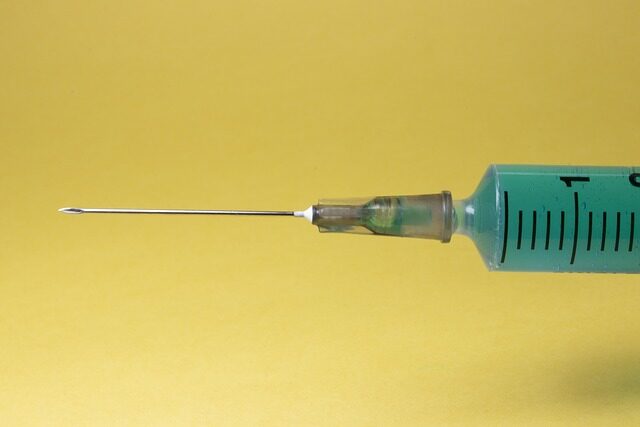Patients visiting our Emergency Departments (EDs) can now be tested for serious infections, as part of a national pilot.
From 1 October 2025, our EDs will commence opt-out testing for the following blood-borne viruses (BBVs):
- HIV
- Hepatitis B
- Hepatitis C.
This will be for all patients aged 18 and over who are having blood tests taken during their ED attendance. Patients who do not wish to take part can simply decline when asked by staff.
The pilot testing, which will run until March 2026, will increase early diagnosis and treatment of these conditions, reduce transmission and improve patient outcomes.
Early detection of BBVs significantly improves treatment outcomes and helps prevent further transmission. ED attendance is often the only healthcare contact for many high-risk individuals.
Positive results will be handled by the infectious diseases/BBV specialist team, who will follow-up with the patient.
Infectious Diseases Consultant, Dr Nicholas Easom said: “This is a really important pilot, as what we’re testing for could potentially be life-saving. We have a high prevalence of Hep C in our area.
“If we can capture BBVs early, we can ensure patients start treatment as soon as possible. These viruses can have serious consequences and in some cases can be fatal.

“If this pilot proves to be successful, we’re hoping to continue with this testing in our EDs past March.”
Latest modelling by the United Kingdom Health Security Agency (UKHSA) suggests that approximately 55,900 people in England are living with a chronic Hep C infection.
Recent UKHSA data estimates there are around 250,000 people with Hep B living in England, less than half of whom are diagnosed.
UKHSA reported in 2024 that new HIV diagnoses are rising in England, particularly outside London.
Opt-out BBV testing in ED is an effective way to diagnose Hep C, Hep B and HIV, and to link patients into care. It’s found 10,000 new diagnoses from 10 million tests across the country so far, including more than 1,300 HIV cases, more than 6,400 Hep B cases and more than 2,300 Hep C cases.
In Yorkshire and the Humber, 46 per cent of HIV patients were diagnosed late from 2020 to 2022, compared to 43% in England.
In North Lincolnshire and Hull, the late diagnosis rate is 50 per cent, and in the East Riding of Yorkshire, the rate of late diagnosis is 86 per cent. This is likely driven by low levels of awareness among healthcare workers and patients, and correspondingly low testing rates.
Late diagnosis is associated with a 10-fold increased mortality rate in HIV.
HIV patients engaged in care in Hull, East Riding of Yorkshire and North and North East Lincolnshire increased by 30 per cent in the 2024/5 financial year.
